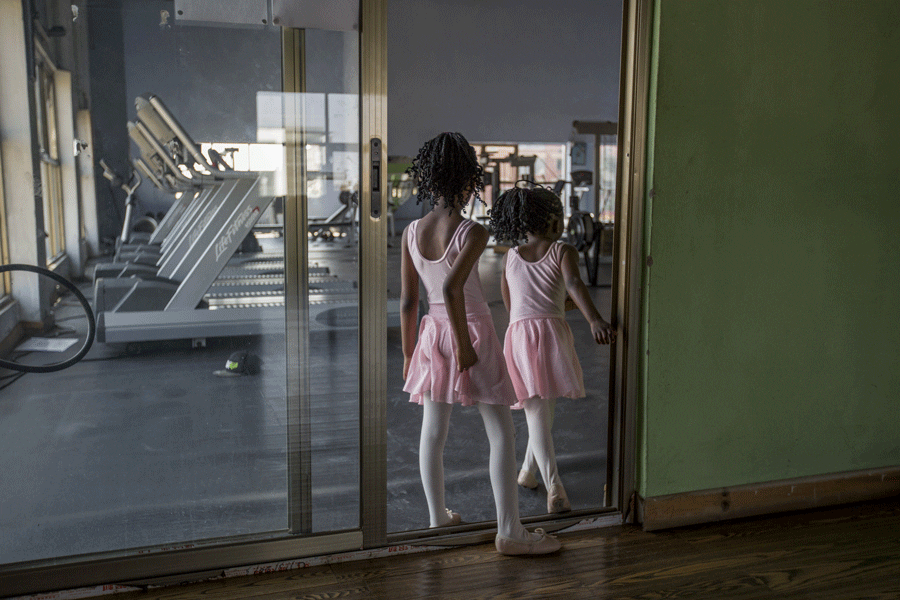Fostering Visual Self-Governance in Zambia
Documentary photographer and CUSP fellow Kerstin Hacker is investigating the developing consumer culture of Lusaka (Zambia) and examines photographically the emergence of a new cultural sector. Her project is set out to enable artists to participate meaningfully in the debate around sustainability and prosperity of the sector and the country as whole. In this blog she introduces her work.
Zambia has the fastest growing population with 13 million people currently, expected to triple by 2100. Fifty-three percent of the population are under the age of eighteen according to UN statistics. Two thirds of the population live in poverty.
As a documentary photographer and photographic educator, I am interested in how the country, as Zambia, is presented to a Western audience through the prevailing visual narrative of Africa: population growth, epidemics and poverty. The everyday life as experienced by its growing middle class in the urban centers could not be further away from these preconceived images.
I am therefore working on an alternative photographic representation of modern Zambia, as its people “…are presented only with civil war, famine and AIDS, with the same or similar pictures used over and over again. It is not that the scenes depicted are untrue. It is that they represent such a small part of the truth.” (Oliver, R. 1993 in Benthall, 1993, p187)
This ongoing photographic research project aims to document the changing urban experience in Lusaka, the capital of Zambia, by producing a set of images that examine and question our (UK) media-filtered visual experience of Africa. Through these images I hope to contribute to the wider discussion of visual representation of Africa and develop a new visual engagement with the continent that will allow the viewers to question their preconceived knowledge.
My role as an insider/outsider observer allows me to create an alternative view of the emerging middle class in Lusaka. It highlights the emergence of a section of society, which is internationally connected, has disposable income and is politically active. The project also documents the rapid westernization of Lusaka with a developing consumer culture.
These photographs of an emerging middle class question why this aspect of African life is rarely discussed in the UK. The study presents an alternative vision of ordinary, 21st century African life to the general public’s view. Past visual representations are often shaped by the UK’s colonial past and old narratives are kept static. The project examines if and how photography can contribute to a new, more dynamic (self-)understanding of the rapid economic and societal development of Zambia. It also aims to create dialogue in Zambia on how to contribute to the changing perception.
While working on my own photographic project I am also advising a group of Zambian photographers and academics, who are in the process of establishing an art school at degree level. Zambia does not have any formalized visual arts education beyond college level. The team investigates how the art school could contribute to the development of a visual identity of a developing country like Zambia and how to foster its visual self-governance.
The art school will be at the forefront of an emerging cultural sector, which contributes to critical engagement with social and economic development through artistic research and practice. It aims to enable artists to participate meaningfully in the debate around sustainability and prosperity of the sector and the country.

